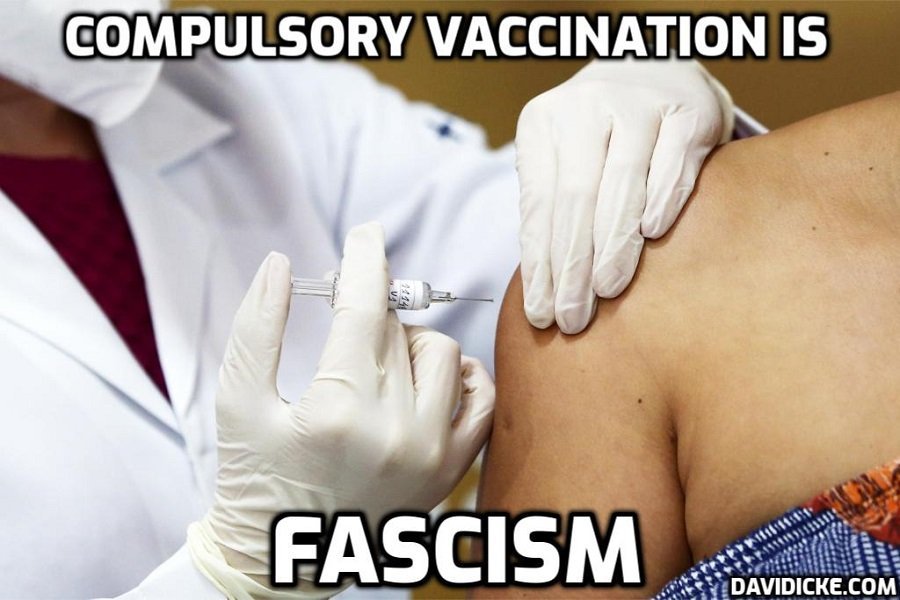Australia: A Police Officer and Two Others Are Challenging the Government of New South Wales Over ‘Covid’ Injection Mandates

The Government of New South Wales, Australia, is facing legal action over mandatory Covid-19 injection orders. In the legal cases of four plaintiffs versus Health Minister Brad Hazzard’s “vaccine” mandates, the Supreme Court of New South Wales gave directions on Thursday, 9 September 2021 and will hear these cases with “strong public interest” at the end of the month.
Under the order, authorised workers from several local government areas (“LGAs”) of concern have until 19 September to get “vaccinated” before they are allowed to leave their local LGAs for work.
Belinda Hocroft, a police officer who is challenging the rationality of the “vaccine” mandate, asked the New South Wales Supreme Court to invalidate a law preventing her from working outside her LGA before she has one dose of a Covid-19 injection. Two others, Al-Munir Kassam and Natasha Henry, are challenging other elements of “vaccine” mandates. A fourth plaintiff, Sergey Naumenko, is challenging micro-chipping and is also seeking similar orders.
During a directions hearing before Justice Robert Beech-Jones on 9 September, the court heard that three of theses cases were challenging the public health order which requires certain workers to be vaccinated before they can return to their jobs. More than 50,000 viewers at one point tuned into a YouTube stream of the matter, a sign of the massive public interest.
Common between all three of Hocroft, Kassam and Henry’s cases is a claim that parliament would not have intended to give the health minister “the powers to breach bodily integrity” without clear legislative indication.
As these three disputes are similar, in that they challenge the New South Wales mandatory Covid injection, the judge directed that they be heard together in the Supreme Court on 30 September and 1 October.
In the fourth case of Naumenko, the state is applying for his challenge to be dismissed because of what it referred to as “significant problems” with the case including not naming a defendant. The judge will assess this case on 30 September.
*** This article has been archived for your research. The original version from David Icke can be found here ***


